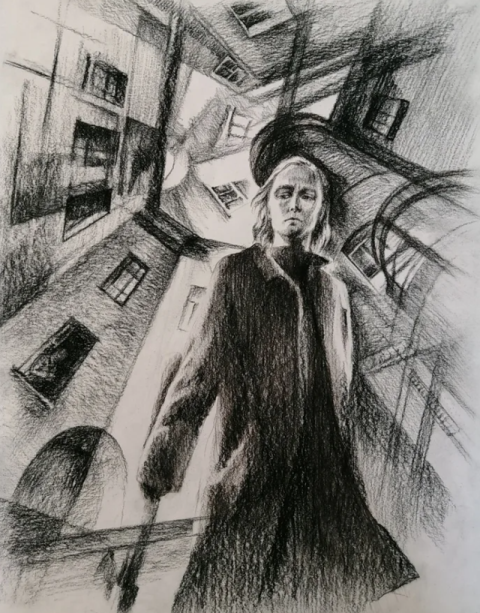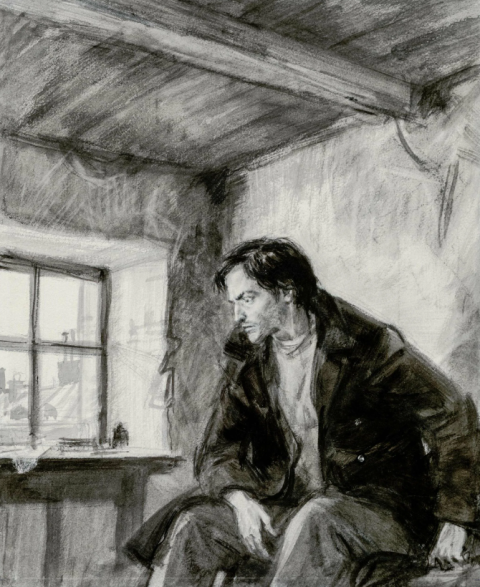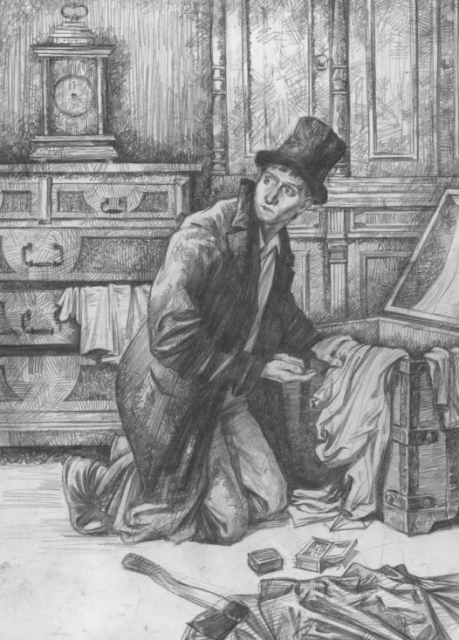
13.01.2023
Dostoevsky spent several months in prison, and then he was supposed to be shot, but at the last minute the emperor pardoned him and sent him to hard labor.
1) After that, the author became very religious and began to think about moral issues, then the idea of the book appeared.
2) Dostoevsky was an avid gambler who loses everything. So he was left without money and decides to write a purely criminal one in order to get money quickly. When he received the money, he returned to St. Petersburg and was very worried that he would not have time to finish the book before he was taken to prison.
3) The axe is one of the main tools of the common Russian people. A symbol of labor. Therefore, Raskolnikov commits murder with an axe, but the most ironic thing is that Raskolnikov was far from physical labor.
4) Raskolnikov’s surname refers to the schism in the Russian Orthodox Church in the 17th century. This well reflects his duality of the hero’s personality – whether he is an oversensitive intellectual, or a maniac with an axe.
5) Raskolnikov was given a mild punishment by those standards, but it was not for nothing. He was sent to serve his exile in the same place where the author himself served it.
6) The novel was first published in the magazine “Russian Bulletin”, thanks to him the magazine gained popularity, as many as 500 new subscribers (this is a lot at that time)



7) The old interest-bearing woman bequeathed all her money to the monastery, but left almost nothing. Dostoevsky’s aunt A.F.Kumanin also bequeathed her 40,000 capital to the monastery, and not in the name of her poor relatives. But Kumanina died 3 years after writing the novel. Dostoevsky did not know about this. A coincidence?
8) Even the courtyard from which Raskolnikov hid the stolen goods also existed. Dostoevsky himself showed this courtyard with a stone to his wife
9) I agree with the data of scientists, Dostoevsky did not just know the house where Raskolnikov lived, he lived there.
10) Napoleon again. In Russian literature we often notice the presence of Napoleon. With the help of it, the characters go through the stages of personality perception. At first they admire him, and then they don’t (it was the same with Pierre Buzokhov at the beginning of “War and Peace”) Immediately, the emperor’s features are found, first of all, in the character of Rodion Raskolnikov.




